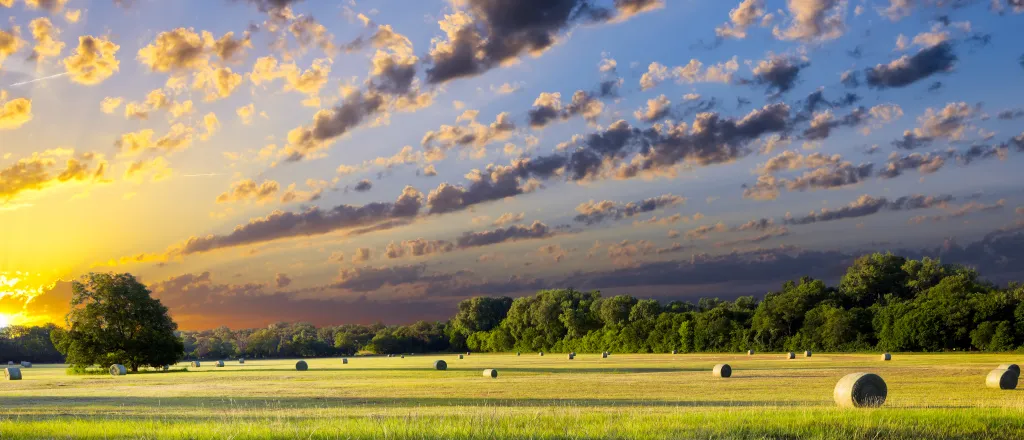
The Yonder Report: News from rural America - July 3, 2025
© Dean_Fikar - iStock-503150251
News from rural America.
Farmers embrace voluntary conservation programs but federal funding chaos is causing a rethink, a rural electric cooperative in Colorado hopes to reduce customer costs by going independent, and LGBTQ+ teens say online support is a lifesaver.
TRANSCRIPT
For the Daily Yonder and Public News Service, this is the news from rural America.
U.S. farmers have adopted many conservation practices to protect water, boost soil health, and mitigate droughts, but interruptions in federal funding seem to be stalling that momentum.
Michael Happ with the Institute for Agriculture and Trade Policy says their new survey shows Trump administration budget chaos and disruptions could push many farmers to abandon the practices.
There has been this pause.
Some of the money has been released.
A lot of it still hasn't, and farmers are getting frustrated and confused, understandably.
The Inflation Reduction Act of 2022 budgeted $11 billion over four years to two conservation programs.
Fourth-generation Michigan farmer John Burke grows corn, soybeans, sugar beets, and wheat.
He says that funding helped him use practices like cover crops to reduce fertilizer use while still improving yields.
Just like any other business, we try to minimize our costs, we try to maximize our output, and the one way we do that is through these conservation programs.
Happ says federal grants often are the only way farmers can afford to innovate.
A Colorado rural electric cooperative is going independent while delivering lower rates for customers.
Julia Tilton reports.
The La Plata Electric Association is withdrawing from its contract with power supplier Tri-State after 30 years.
CEO Chris Hansen says more control of their energy future will also mean less need to raise future bills.
We've got lower wholesale contracts on the day we leave.
April 1st, 2026, our wholesale power costs will come down.
Nonprofit member-owned rural electric cooperatives supply power to more than half of the United States, especially sparsely populated rural areas.
During the New Deal, the federal government started many co-ops in places where private companies didn't see a profit.
Loyola professor Gilbert Michaud says the customer owners now want their co-ops to move to cheaper renewables.
It's part of the co-op model to respond to local demand and to do innovation.
I'm Julia Tilton.
The isolation of rural living can be a challenge for LGBTQ teenagers who often find more support online than in their communities.
Mike Parent with Hope Lab surveyed more than 1,200 LGBTQ young people aged 15 to 24 and compared their experiences with those of their urban and suburban peers.
It can be a pretty difficult situation for many LGBTQ+ young people living in rural areas.
According to Parent, respondents often said online dialogue was a lifesaver because they'd been bullied relentlessly for being gay.
Rural LGBTQ+ youth shouldn't be going to school and being afraid for their physical safety.
On a positive note, the research found rural LGBTQ teens had a similar sense of pride in who they were to their urban counterparts.
For the daily Yonder and Public News Service, I'm Roz Brown.
For more rural stories, visit dailyyonder.com.
















